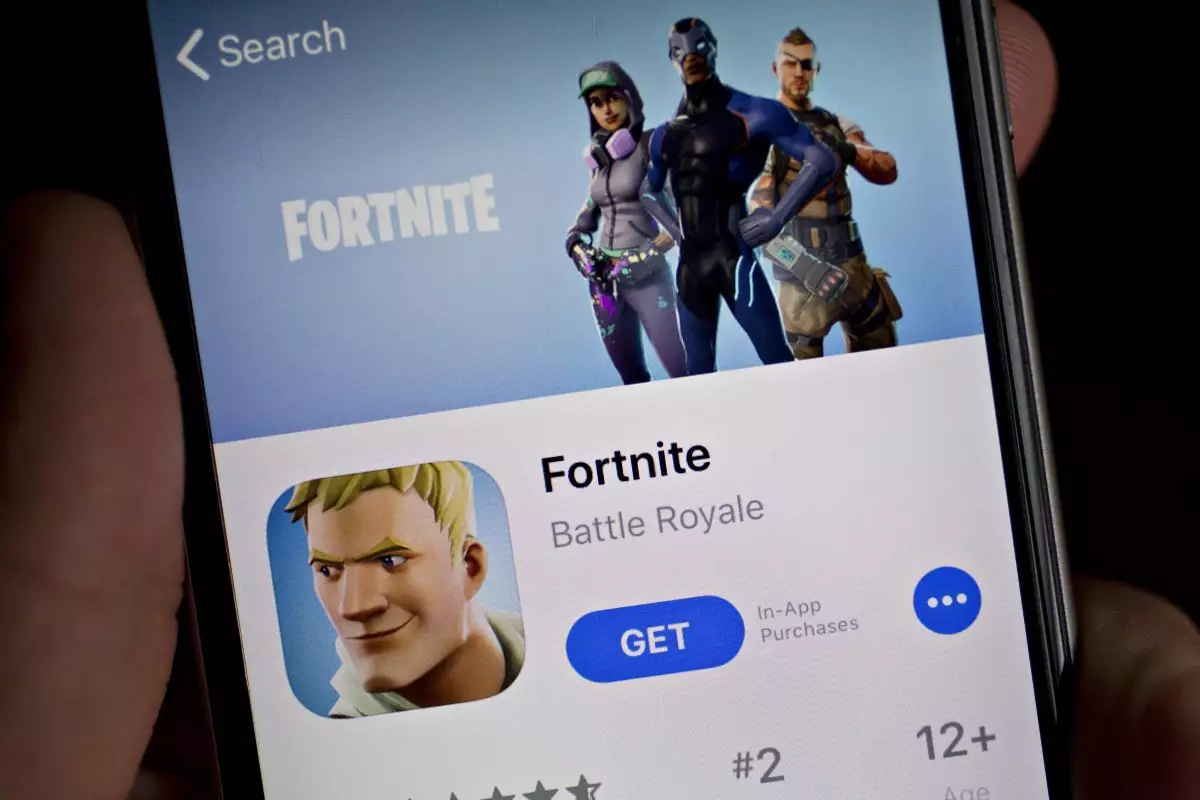Epic Games has been entrenched in a fierce legal struggle with Apple, driven by a relentless quest to allow its blockbuster game, Fortnite, on the App Store once again. The latest court filing, which urges Judge Yvonne Gonzalez Rogers to mandate that Apple accept any compliant version of Fortnite, underscores the escalating tension between these two tech giants. This is not merely a battle over a game; it represents a larger confrontation over the control corporations have over digital platforms and the economic ecosystems they foster.
Epic’s fight is rooted in concerns over Apple’s stranglehold on in-app purchase commissions, which they deem anti-competitive. The crux of the issue lies in the commission fees—up to 30%—that Apple enforces on developers. This financial barrier has not only impacted Epic’s revenue model but has also raised broader questions about how digital marketplaces operate. The recent ruling by Judge Rogers, which determined Apple was in “willful violation” of an injunction against anti-competitive pricing, seemed like a significant breakthrough for developers seeking a fairer digital landscape.
Implications of Recent Developments
Despite this momentum, Apple’s immediate response to appeal the ruling complicates matters. The assertion from Epic that Fortnite would remain offline globally until Apple reopens access only adds a layer of uncertainty and frustration for fans and media alike. It paints Apple as the antagonist in a story where consumers, developers, and even legal entities are in a dance of compliance versus disruption. Epic’s claim that Apple is the sole architect of Fortnite’s continued absence from the App Store ignites a conversation about accountability and transparency in digital content distribution.
Interestingly, Apple’s counter-narrative denies responsibility for blocking Fortnite on a global scale, attempting to redirect the blame back to Epic. By requesting Epic Sweden to modify the app update to exclude the U.S. storefront, Apple attempts to position itself as the company still willing to allow Fortnite’s existence in other markets, albeit with limitations. This tactic could be interpreted as an effort to mitigate potential public backlash while maintaining its claim over the App Store and the economic model it has built.
A Call for Change in the Digital Marketplace
The stakes have never been higher. This skirmish is not just about Fortnite; it embodies the struggle for equitable treatment in a digital space where a few companies wield immense power. As more developers become vocal about their displeasure over such monopolistic practices, the call for regulatory reform in how app stores operate grows louder. The industry is at a critical juncture where change is not only desired but necessary for the health and growth of the digital ecosystem.
Epic Games’ unwavering stance is increasingly gaining traction within the developer community, and their dynamic push against Apple is becoming a case study in corporate resistance. They are leveraging both legal avenues and public sentiment to challenge the status quo, risking everything for the future of not just their game, but for the fair treatment of all developers in the digital space. The outcome of this battle could either catalyze significant changes in app store regulations, creating a more just environment for developers, or reinforce the dominant position of existing tech giants, stifling competition and innovation.

